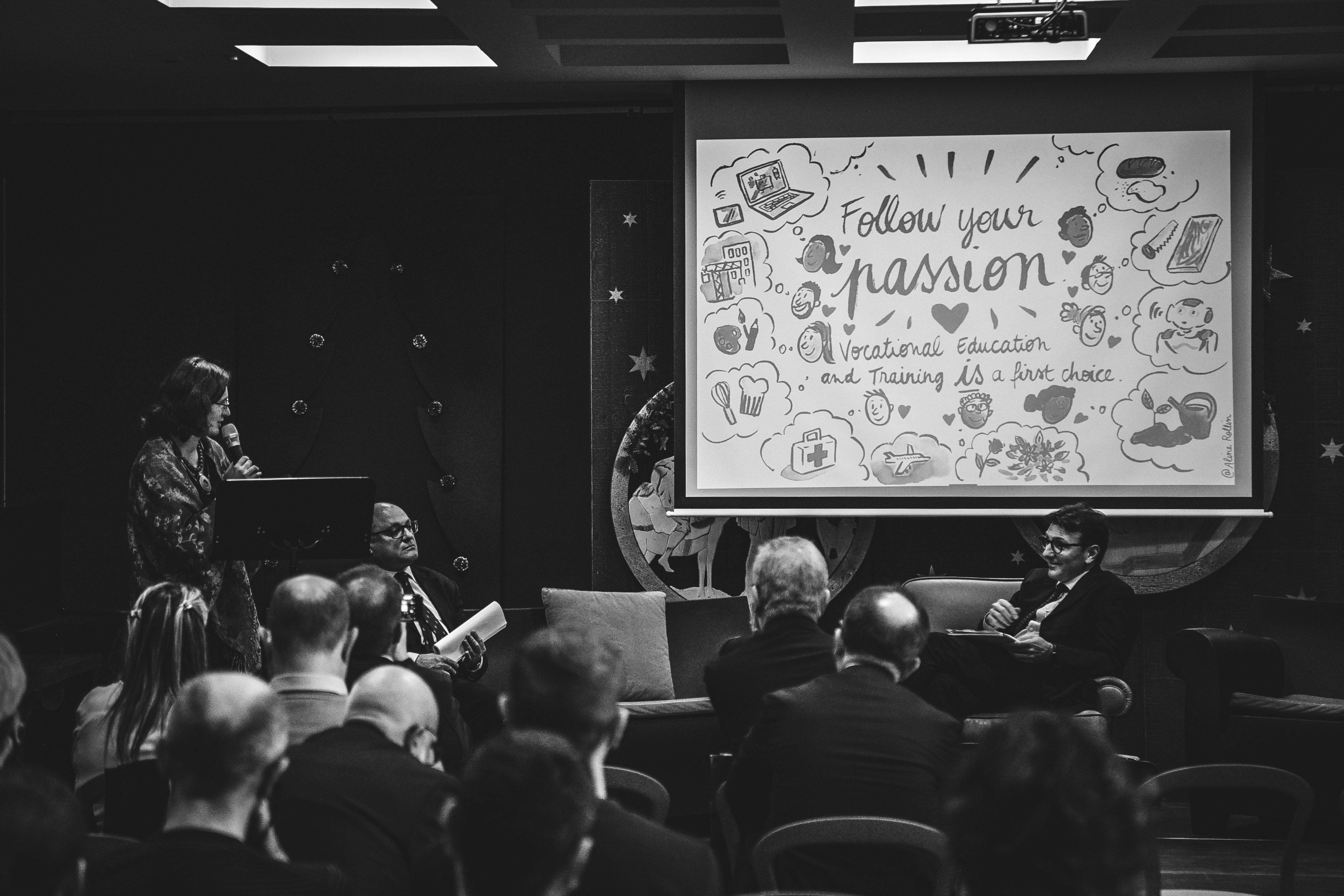Inclusive Excellence is the distinctive element in Cometa learning approach, with highly positive results in terms of students job placement and personal development. These results have been recently awarded by UNESCO-UNEVOC which included Cometa in its international network. The official announcement, at the presence of the President of Lombardia, has been the trigger for an international conference on the future of VET organized by Cometa, EfVET, UNESCO-UNEVOC and VETNET (European network of researchers in VET).
During last EfVET Conference in Como, Marianne Thyssen in her videomessage underlined how Inclusive Excellence “brings two ideas together. First that of excellence: VET is a first rate career choice and essential for a modern, innovative and dynamic economy. Second, that of inclusion: we need to offer excellence to everyone, to all VET learners […], no one should be left behind. In short, education should be both excellent and inclusive. […] Quality and Inclusive education and training are central to European skills agenda”. Following this positive reaction to the EfVET conference main theme, Cometa, now UNEVOC Centre for Italy, EfVET, UNESCO-UNEVOC and VETNET marked a further step in rethinking VET for the XXI century.
The conference held in Cometa last December 11th has been a great moment to share perspectives and strategies for VET providers around the true meaning of VET in a European context: quality and innovation are crucial to make VET a first choice for everybody, not neglecting the importance of inclusion as another clear goal of VET providers.
Many are the challenges, as underlined by Jens Liebe (UNEVOC) in his keynote: uneven industrial and post-industrial development, poverty, population growth, pollution and degradation, equity and gender equality require skills to be at the centre stage in the local action, but in a global alliance perspective.
Skills are important, but what kind of skills? The contribution of the other speakers gave interesting perspectives on that topic. Bénédicte Gendron (University Paul-Valery Montpellier) underlined the importance of introducing social and emotional competences in VET as condition for a complete training (VETfulness); her research evidences have been strengthened by the data on the relevance of non-cognitive skills, shared by Giorgio Vittadini (Università Milano Bicocca). These are some of the recent trends in the research in VET aiming at increasing VET attractiveness and effectiveness, as stressed by Christof Nägele, chairman of VETNET, who has encouraged a stronger collaboration between researchers and practitioners in the VET sector. The experience of Cometa Research, research centre promoted and animated by Cometa VET teachers and trainers, has been briefly introduced by Paolo Nardi (coordinator of Cometa Research) to outline the positive impact of this integration between theory and practice.
Policy makers can boost this innovation: Evarist Bartolo (Maltese Minister for Education and Labour) has been working to overcome the still existing separation between academic education and VET, affirming that only good education counts, where learning to be, to make, to know, to live together. To this extent, no wall can stand between school and real world (work): companies should become places for training, and schools should include real work experiences. In Malta, VET and education are perfectly integrated, including higher education (EQF 5-8), making VET concretely a first choice, with excellent results in terms of employment rate. Furthermore, from a cultural point of view, he raised the importance of reality in learning to fill the gap between theory and practice (“wise hands”, as James Calleja will tell later quoting Mattias Tesfaye); an aspect underlined also by Alessandro Mele (Cometa), describing the “reality-based learning” approach developed in Cometa. Similar attention to VET characterizes policies and investments of Lombardy Government, as mentioned by Melania Rizzoli, Lombardy Minister for Education, Training and Labour, in particular in aiming at a stronger inclusiveness of dropouts, NEETs and youth unemployment.
James Calleja stated that teachers play a critical role in making or breaking any educational system. Besides, strong partnerships with the industry are needed: the profile of future VET providers is the profile of the same workplaces, where a mix of cultures, approaches, thinkings co-exist. Diversity is the core. At the same time, Calleja made clear that to be a first choice, VET should be the first choice in policies too.
Dana Bachmann (DG EMPL), concluding the conference, has invited Cometa to keep developing its approach, recognizing the dual role of VET in promoting excellence and inclusiveness, as emerging in the recent initiative on the Centres for Vocational Excellence; in line with the main EU strategy, namely the EU Social Pillar, she has recommended to consolidate the knowledge triangle between VET providers, researchers and business sector.

